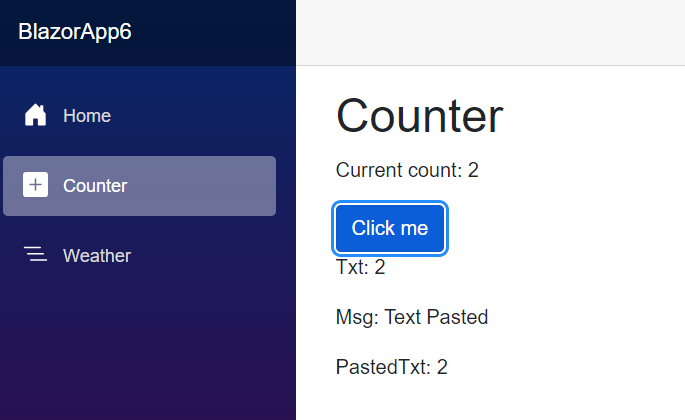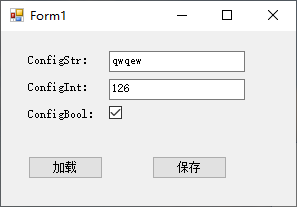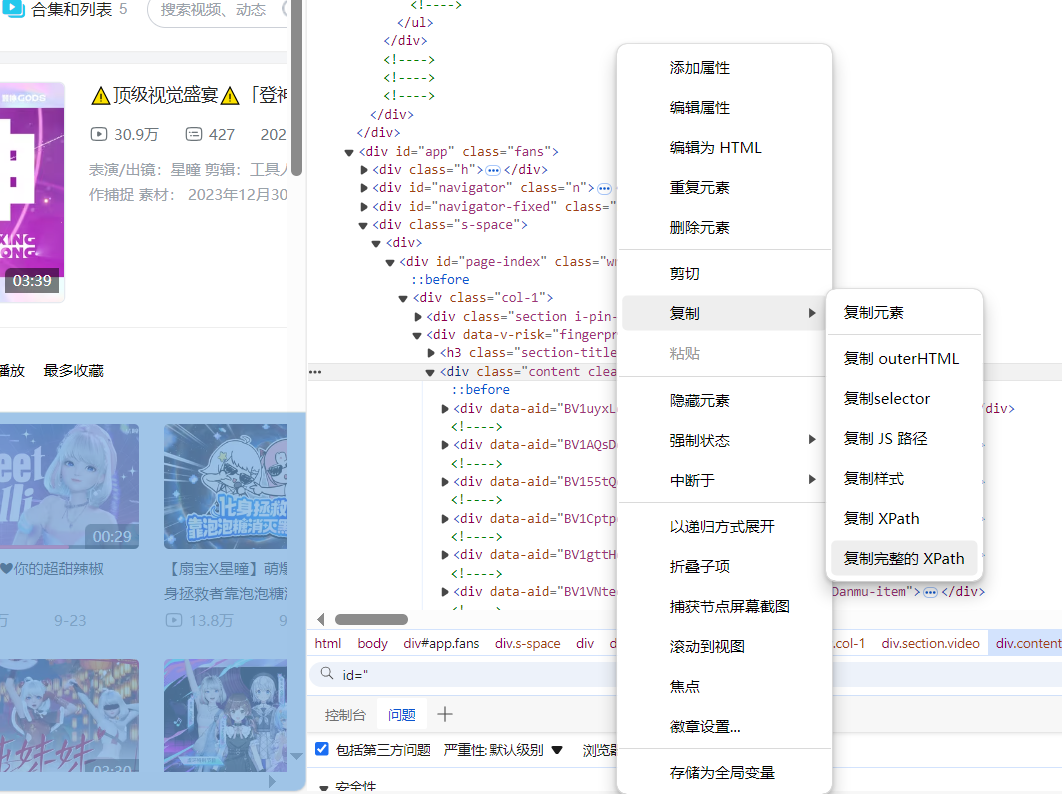所以我试图从我的数据库中获取“客户”,但我得到了一个例外
An exception of type ‘System.Data.sqlClient.sqlException’ occurred in System.Data.dll but was not handled in user code
附加信息:必须声明标量变量“@Id”.
using Core;
using System;
using System.Collections.Generic;
using System.Configuration;
using System.Data.sqlClient;
using System.Linq;
using System.Text;
using System.Threading.Tasks;
namespace DatabaseAccess
{
public class DbCustomer
{
private string ConnectionString = ConfigurationManager.ConnectionStrings["local"].ConnectionString;
private sqlConnection connection { get; set; }
public DbCustomer()
{
connection = new sqlConnection(ConnectionString);
}
public Customer GetCustomer(int Id)
{
Customer customer = null;
connection.open();
using (sqlCommand command = connection.CreateCommand())
{
command.CommandText = "SELECT * FROM CUSTOMER WHERE Id = @Id;";
var reader = command.ExecuteReader();
while (reader.Read())
{
customer = new Customer();
customer.Id = reader.GetInt32(reader.Getordinal("Id"));
customer.FirstName = reader.GetString(reader.Getordinal("FirstName"));
customer.LastName = reader.GetString(reader.Getordinal("LastName"));
customer.Address = reader.GetString(reader.Getordinal("Address"));
}
command.ExecuteNonQuery();
connection.Close();
}
return customer;
}
}
}
using System;
using System.Collections.Generic;
using System.Linq;
using System.Runtime.Serialization;
using System.Text;
using System.Threading.Tasks;
namespace Core
{
[DataContract]
public class Customer
{
[DataMember]
public int Id { get; set; }
[DataMember]
public string FirstName { get; set; }
[DataMember]
public string LastName { get; set; }
[DataMember]
public string Address { get; set; }
[DataMember]
public string Country { get; set; }
[DataMember]
public string PhoneNumber { get; set; }
}
}
using Core;
using DatabaseAccess;
using System;
using System.Collections.Generic;
using System.Linq;
using System.Text;
using System.Threading.Tasks;
namespace BusinessLogic
{
public class CustomerController
{
public DbCustomer DbCustomer { get; set; }
public CustomerController()
{
DbCustomer = new DbCustomer();
}
public Customer GetCustomer(int Id)
{
return DbCustomer.GetCustomer(Id);
}
}
}
using BusinessLogic;
using Core;
using DatabaseAccess;
using System.Collections.Generic;
namespace WCF
{
// NOTE: You can use the "Rename" command on the "Refactor" menu to change the class name "Service1" in both code and config file together.
public class CustomerService : ICustomerService
{
CustomerController CustomerController = new CustomerController();
public Customer GetCustomer(int Id)
{
return CustomerController.GetCustomer(Id);
}
public List<Customer> GetCustomers()
{
return new List<Customer>();
}
}
}
using Core;
using System;
using System.Collections.Generic;
using System.Linq;
using System.Runtime.Serialization;
using System.ServiceModel;
using System.Text;
namespace WCF
{
// NOTE: You can use the "Rename" command on the "Refactor" menu to change the interface name "IService1" in both code and config file together.
[ServiceContract]
public interface ICustomerService
{
[OperationContract]
Customer GetCustomer(int Id);
[OperationContract]
List<Customer> GetCustomers();
}
}




